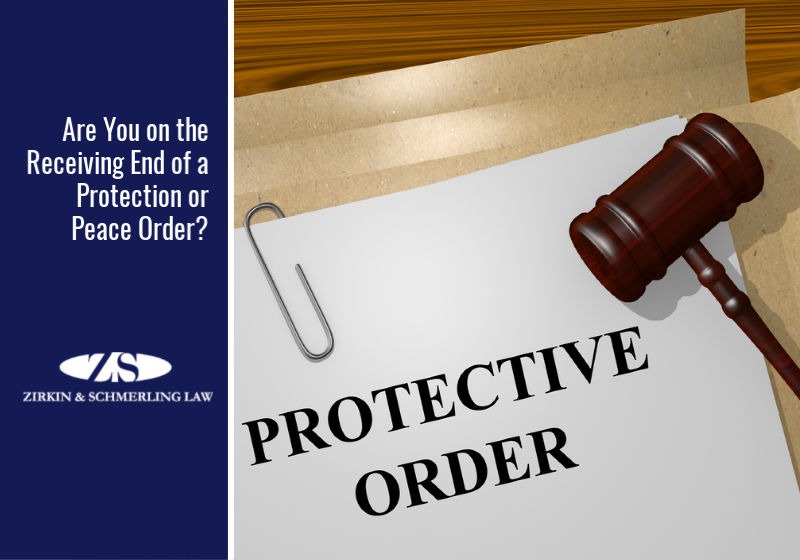
When you discover someone has requested a protection or peace order against you, it seems like you have no choice in the matter. Often, people just consent to it, thinking, “Fine. I don’t want to have anything to do with them anyway.”
But did you know you don’t have to consent to one of these orders? In fact, doing so could have a huge impact on your freedom and your future.
Consenting to an Order Comes With Ramifications
Just a couple years ago in Maryland, in just 2017, about 1,700 temporary protective orders are issued and about 1,300 final protective orders are granted. As you can see, the overwhelming majority of the orders requested are granted.
Think about what that means. Someone who requests a temporary order against you is almost certain to receive a final order against you.
If you have not gone to court yet, be advised that when you arrive, you’ll be asked to make a critical decision. You’ll meet with a judge and they’ll ask you what sounds like a straightforward question: Do you wish to consent to the order or contest it?
Consent or contest? Huh? It’s hard to know what each option means without a lawyer’s help. You can ask the judge to clarify what each option means, but be prepared to hear a standard answer in legalese.
Your judge is not your legal advocate. They will likely provide a somewhat confusing response like, “Well, if you consent to this order I will not make a finding of abuse against you and you may be eligible for shielding down the road.”
Now, you might figure it sounds like a good idea to consent at this point. Not so fast. In certain circumstances, you could be making a terrible choice. A court order could have a huge impact on your life.
How a Peace or Protection Order Could Change Your Life
A protective order or peace order not only prevents you from interacting with someone but also affects you in other ways. If you live with the person, you might be forbidden to enter the property. You could be restricted from seeing your children, working from home, or visiting certain locations in the community.
Suddenly you might lose access to places you usually go often – the ball field, church, school, or the homes of friends or family members. You might even have restrictions placed on your internet access or the use of an electronic device or social media. It depends on the court’s order. The restrictions could last anywhere from seven days to two full years!
Here’s something else to think about. Remember how easy it was for this person to secure a temporary order against you? Imagine what could happen next.
They could allege that you’ve violated the order. That means the police could show up at your door and haul you off to jail. The consequences could be 90 days in jail for the first violation and a full year in jail for each subsequent violation.
In this situation, you must contact a criminal defense attorney as quickly as possible. Temporary orders are often granted within a matter of hours and it can happen before you really know what’s going on. Keep this name and number on hand in case you’re on the receiving end of a protection or peace order: Zirkin & Schmerling Law at 410-753-4611.
Have a Legal Question About Protection and Peace Orders? We Have Answers
When you’re on the receiving end of a protection or peace order, the attorneys at Zirkin and Schmerling Law can help. Contact us or call us at 410-753-4611 to set up an appointment with one of our experienced lawyers today.
